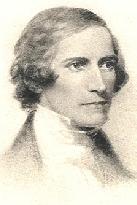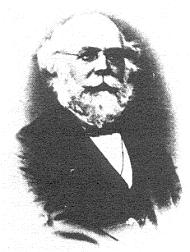Lathrop, John Howland
September 8, 2001
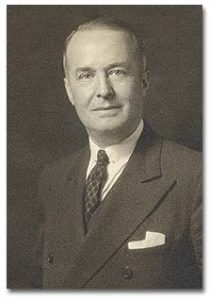
John Howland Lathrop (June 6, 1880-August 20, 1967) was a distinguished Unitarian minister, social activist and peace advocate. He said in 1936, “Human associations are all precious, but none reaches as deep as the gatherings together in a church, where we share with one another the holiest experiences of life, and strive to fan the flame of the spirit within to an ever brighter light.”
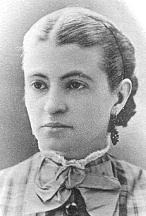 Sallie Ellis (March 13, 1835-December 27, 1885), an infirm lay evangelist in Cincinnati, Ohio, created the work of the first Unitarian Post Office Mission which led eventually to organization of the modern Church of the Larger Fellowship. She sent literature to and corresponded with Unitarians and religious seekers who lived far from established Unitarian congregations.…
Sallie Ellis (March 13, 1835-December 27, 1885), an infirm lay evangelist in Cincinnati, Ohio, created the work of the first Unitarian Post Office Mission which led eventually to organization of the modern Church of the Larger Fellowship. She sent literature to and corresponded with Unitarians and religious seekers who lived far from established Unitarian congregations.…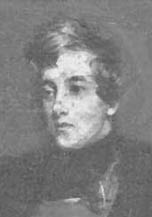 Thomas Gold Appleton (March 31, 1812-April 17, 1884) wrote that in his day, “forms of luxury and self-indulgence displace the severe austerities of our fathers; but under it all still lives the New England conscience.” His words apply to his own career as an essayist, amateur artist and poet, collector and patron of the arts, and a celebrated Boston character or “wit.”…
Thomas Gold Appleton (March 31, 1812-April 17, 1884) wrote that in his day, “forms of luxury and self-indulgence displace the severe austerities of our fathers; but under it all still lives the New England conscience.” His words apply to his own career as an essayist, amateur artist and poet, collector and patron of the arts, and a celebrated Boston character or “wit.”…
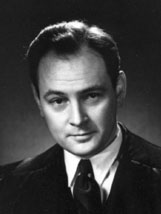
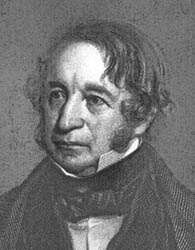 Nathan Appleton (October 6, 1779-July 14, 1861) was a merchant, manufacturer, financier, politician and philanthropist, best known as a pioneer in establishing textile manufacturing in New England. Repelled by the human suffering and social disruption that accompanied the rise of the factory system in Britain, he sought to develop an American alternative that would rival the success of British manufacturing while avoiding its demoralizing effects.…
Nathan Appleton (October 6, 1779-July 14, 1861) was a merchant, manufacturer, financier, politician and philanthropist, best known as a pioneer in establishing textile manufacturing in New England. Repelled by the human suffering and social disruption that accompanied the rise of the factory system in Britain, he sought to develop an American alternative that would rival the success of British manufacturing while avoiding its demoralizing effects.…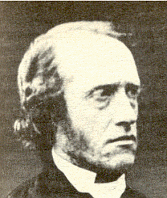
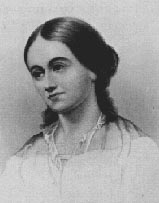 Margaret Fuller (May 23, 1810-July 19, 1850) “possessed more influence on the thought of American women than any woman previous to her time.” So wrote Susan B. Anthony and Elizabeth Cady Stanton in their 1881 History of Woman Suffrage. Author, editor, and teacher, Fuller contributed significantly to the American Renaissance in literature and to mid-nineteenth century reform movements.…
Margaret Fuller (May 23, 1810-July 19, 1850) “possessed more influence on the thought of American women than any woman previous to her time.” So wrote Susan B. Anthony and Elizabeth Cady Stanton in their 1881 History of Woman Suffrage. Author, editor, and teacher, Fuller contributed significantly to the American Renaissance in literature and to mid-nineteenth century reform movements.…